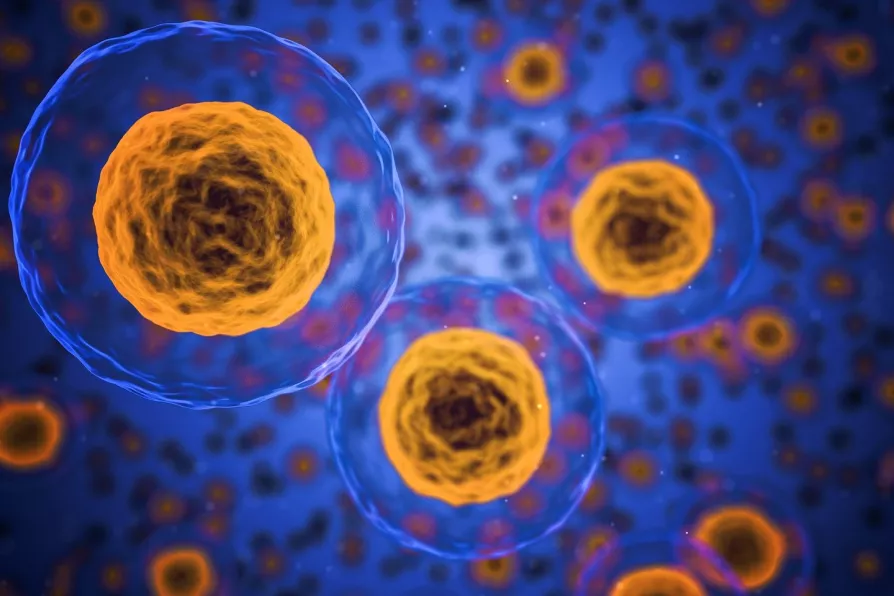ANSELM ELDERGILL draws attention to a legal case on Tuesday in which a human rights group is challenging the government’s decision to allow the sale of weapons used against Palestinians


IN THE coming weeks and months, the National Health Service will be tested to its limits, striving to save as many patients as possible who are seriously ill due to the coronavirus.
The surges in intensive-care patient numbers will cause major disruption to the routine work of the NHS, which includes crucial life-saving procedures.
One such procedure that has been particularly affected by international travel disruption has been stem-cell donation, for the treatment of conditions such as blood cancer.
Once the donation has been made, the stem cells need to be transplanted into the recipient within 72 hours.
Our immune system uses special structures on the surfaces of cells called antigens to recognise cells that belong to our own body (“self”).

A maverick’s self-inflicted snake bites could unlock breakthrough treatments – but they also reveal deeper tensions between noble scientific curiosity and cold corporate callousness, write ROX MIDDLETON, LIAM SHAW and MIRIAM GAUNTLETT
Science has always been mixed up with money and power, but as a decorative facade for megayachts, it risks leaving reality behind altogether, write ROX MIDDLETON, LIAM SHAW and MIRIAM GAUNTLETT














